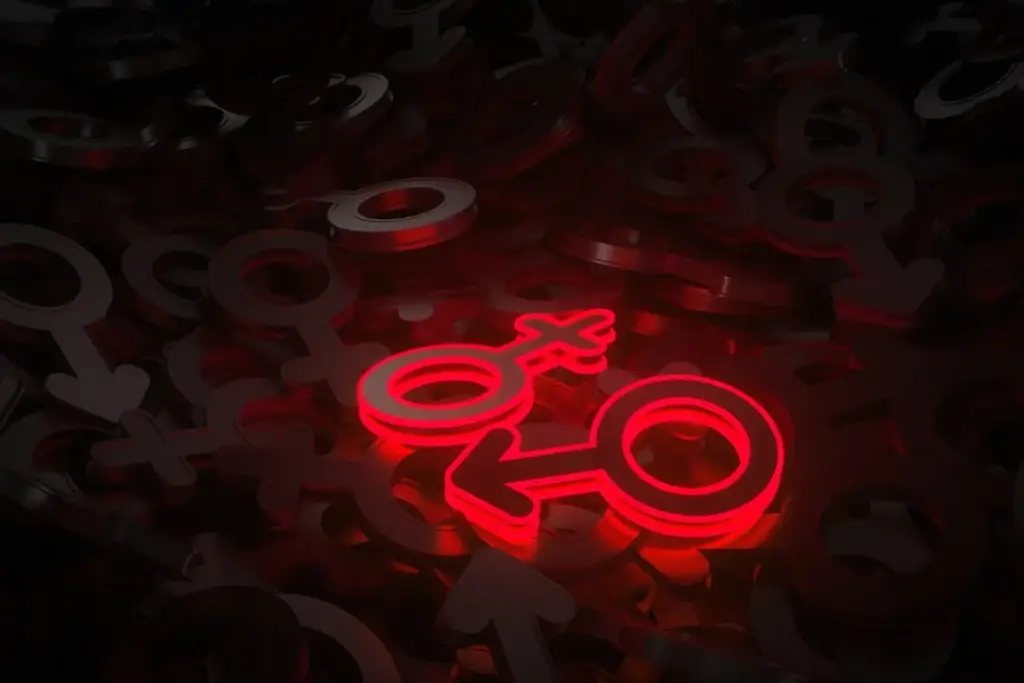Human sexuality is a broad and fascinating topic that touches every aspect of our lives. From how we experience attraction and intimacy to how we understand our bodies and relationships, sexuality plays a vital role in our well-being and identity. But what exactly does the term “human sexuality” mean? And why is it important to learn about it?
In this beginner’s guide, we’ll explore the basics of human sexuality, helping you understand its many dimensions in a respectful, clear, and educational way.

Defining Human Sexuality
Human sexuality refers to the ways people experience and express themselves as sexual beings. It includes feelings, behaviors, identities, relationships, and the biological aspects of sex and reproduction. It’s important to recognize that sexuality is not just about physical acts—it also involves emotions, thoughts, culture, and social influences.
Key Components of Human Sexuality
-
Biological Factors
Human sexuality starts with the body. This includes the anatomy and physiology of the reproductive system, hormones, and the ways these influence sexual development and desire. Understanding the biology helps us appreciate how physical and emotional experiences are connected. -
Psychological Aspects
Our thoughts, feelings, and attitudes about sex and intimacy are central to sexuality. This includes how we develop our sexual identity, our sexual orientation (such as being straight, gay, bisexual, or other), and how we feel about ourselves and our bodies. -
Emotional Connection
Sexuality is often linked with emotional intimacy, trust, and communication between partners. Healthy sexual experiences typically involve respect, consent, and mutual understanding, which contribute to overall relationship satisfaction. -
Social and Cultural Influences
Our views about sexuality are shaped by culture, religion, family, and society. These factors influence what we consider acceptable or taboo, how we learn about sex, and how we express our sexuality. -
Ethical and Legal Considerations
Sexuality is also guided by ethics and laws that protect individual rights and ensure respectful behavior. Consent and age of consent laws are examples that help create safe and healthy sexual interactions.
Why Is Learning About Human Sexuality Important?
-
Promotes Healthy Relationships: Understanding sexuality helps build respectful and satisfying relationships based on communication and consent.
-
Enhances Self-Awareness: Learning about your own sexual health and identity supports confidence and well-being.
-
Prevents Misunderstandings and Harm: Education helps prevent risky behaviors, misunderstandings, and abuse by promoting knowledge and respect.
-
Supports Diversity and Inclusion: Recognizing the variety of sexual orientations and identities fosters acceptance and reduces stigma.
Common Misconceptions About Human Sexuality
-
It’s Only About Sex: Sexuality is much broader than just physical acts; it involves identity, attraction, emotions, and culture.
-
It’s Fixed and Unchangeable: People’s sexual feelings and identities can evolve over time.
-
It’s the Same for Everyone: Everyone experiences sexuality differently—there is no “one size fits all.”
-
Talking About It Is Taboo: Open, honest conversations about sexuality are healthy and necessary.
How to Continue Learning
Human sexuality is a lifelong journey of discovery. Reliable resources include books, educational websites, health professionals, and sex educators. Being curious and respectful helps you understand yourself and others better.
Final Thoughts
Human sexuality is a natural and essential part of being human. By exploring it with openness, respect, and accurate information, you empower yourself to enjoy healthier relationships, better self-understanding, and a more fulfilling life.
If you’re new to this topic, remember that asking questions and seeking knowledge is a positive step toward growth. Welcome to your journey of learning about human sexuality!

